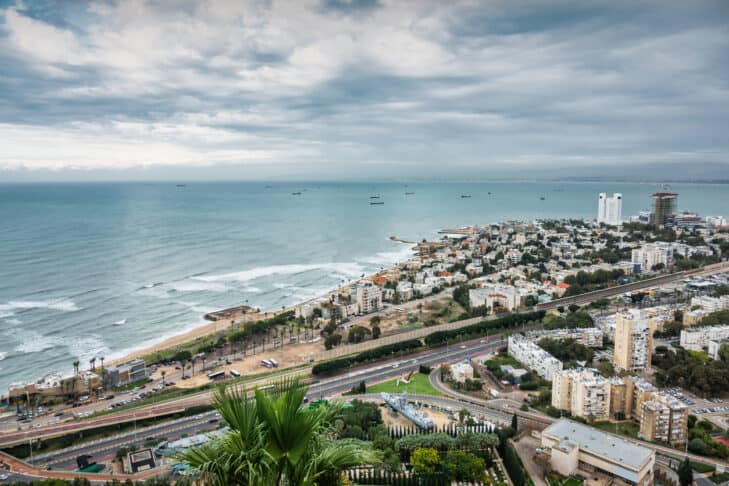Dear friends in Boston asked me at the end of the summer to publish a reflection about the situation in Israel as it stood then and how I was processing it. At the time, the invitation to think about our shared values and to describe how they sustain our closeness as communities, if not how they inspire thoughtful discussion and even disagreement, was exciting: I made notes, collected sources, the usual. I was hopeful about generating some real conversations among us.
This isn’t what I planned to write.
Instead, I want to share with you two stories about silence. The kinds of silence I have observed in the last five days, which have been like no others. On Saturday, Oct. 7, I awoke and read the news, something vague about Hamas and the Gaza border. Worrisome, but nothing new; alas, I thought. Within an hour or two, when more came to light, the sickening feeling arose that this situation was far worse than it seemed. The kids still asleep, I did the first thing that came to mind: I went to the supermarket. It felt like a stupid, even selfish impulse, but what happened there taught me more than what I ever expected. It was filled with people, unusual for a Saturday morning, but in the strangest way I’ve ever seen: There were no children around (in the off-hours, one often sees many, begging their parents for snacks) and, more importantly, there was complete silence. Adults completely focused on filling carts with essentials like robots. No one phoned home to clarify a request, no one complained, no one asked workers any questions. There was sheer dread on people’s faces.
When I got to the cashier, the person in front of me asked for five packs of cigarettes and somehow the register stalled. Someone behind me in line gently said to the customer: “Maybe this is a sign that you should quit.” No one said anything.
There’s another, new kind of quiet I’ve experienced since Saturday. We left Haifa a few days ago and are staying at my partner’s kibbutz, east of Haifa, which has brought in over 300 people fleeing their homes in the south. The kibbutz organizes meals, clothes, activities and beds for them. Other kinds of support are on hand, like psychologists and access to the medical clinic. When a message on the community WhatsApp group pops up asking for volunteers, someone answers so quickly that it’s impossible to keep up: requests for babysitters and extra sets of hands to fold clothes and distribute sheets are filled the moment they’re sent out. The cafeteria, which usually is empty except for a few elderly people, is full of people, but there’s no chaos. It’s quiet.
We have a family of four living in my kids’ room on the second floor. Every time the mother looks at me, she cries. She tries to get the words out, to thank us. I keep saying there’s no need to—I feel like I’m not doing enough. I tell her, “You don’t have to say anything.”
Between us there’s silence because anything else is too much.
Jennifer Lewin is a Bostonian who lives in Haifa and is the Haifa chair of CJP’s Boston-Haifa Peoplehood committee.


